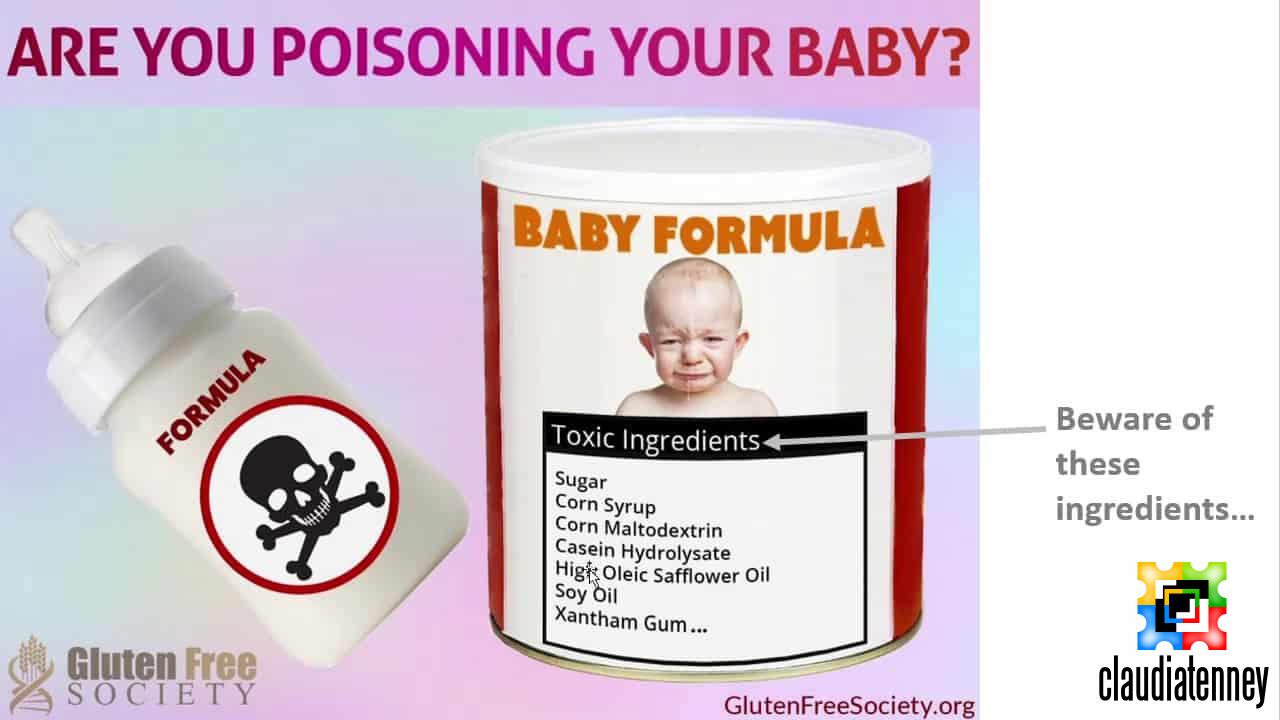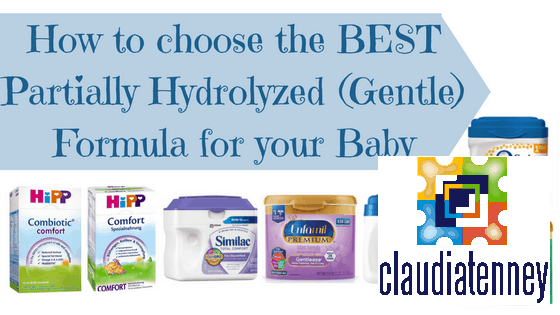Choosing the right baby formula is an important decision. You will want to make sure that it is safe for your child, and that it is nutritional. In addition, you will want to make sure that you are able to store it properly. There are a few ways you can do this, including refrigerator, storing and prep.
Preparing
Whether you prepare your own formula, buy formula, or use a store bought brand, it’s important to know how to prepare it properly. This can help you to avoid food-related illnesses and ensure that your baby gets all the nutrients it needs.
There are several steps you should follow to ensure that your baby’s formula is prepared properly. For starters, make sure you follow the directions on the package to ensure you use the right amount. Also, be sure to thoroughly wash your hands before you begin.
After the water has been heated, you can add the powdered formula. Be sure to shake the bottle well before feeding. This will help ensure that the formula is mixed well.
You should also check the container’s expiration date. Most infant formulas will last one month after opening. However, some brands have shorter safe use periods.
Using a bottle warmer can also help warm up the formula. However, heating the formula can increase the rate at which harmful bacteria multiply. Also, the heat may not be evenly distributed, making it possible for hot spots to form in the liquid. This can burn your baby’s mouth.

Storing
Various factors affect the shelf life of formula. Some are related to temperature, humidity and the type of formula. The expiry date on the packaging is also important.
Baby formulas are typically stored at room temperature. However, extreme cold can degrade the formula’s quality. This is because the temperature can speed up the breakdown of nutrients in the formula.
In addition to storing the formula in a cool, dry place, it is also important to avoid exposure to excessive heat and humidity. Ideally, the temperature should be 55 degrees to 75 degrees Fahrenheit.
Using an airtight container is the best way to keep the formula fresh. Storing it in an open container may cause bacteria to grow. This can lead to spoilage. It is also important to keep the formula away from heat vents and heating pipes.
Expired formula must be discarded. It is a risk for the health of your child. A pediatrician can determine specific needs.
Refrigerating
Leaving formula out in the refrigerator for longer than an hour is a bad idea. This is because bacteria can quickly grow in the bottle. The good news is that most babies will go for the formula at room temperature.
To avoid this problem, parents should always sterilize the bottles before use. For each feeding session, parents should use a clean bottle. Wash and sanitize the bottles between feedings as well.
One of the most effective ways to ensure safe storage of your formula is to store the bottle in the back of your refrigerator. This way, the temperature will stay consistent. It’s also a good idea to place the bottle in a bowl of warm water. This is a good way to warm the formula without using the microwave.
It’s also a good idea to mark the date you prepared the bottle. Adding a sticker or a small sticky note is a good way to do this.
Alternatives for parents who only use a small amount
Whether you are a new parent or have been using formula for years, you may have been searching high and low for alternatives. You may have heard stories of scams and price gouging and you may be wondering how to make it through the formula shortage without hurting your child’s health.
First, consult with your pediatrician. They can give you a list of safe alternatives for infants. They can also help you request specialty formulas if your baby has special medical needs. If you are concerned about the ingredients in the formula, contact a third party certification organization such as Clean Label Project. You can also check out a parenting group in your area. Many of these groups have members who offer up extra cans of formula.
Finally, ask for help from your local WIC office. They can give you a list of formula companies that have donated their stock to their organization. They can also connect you with a local formula representative.



